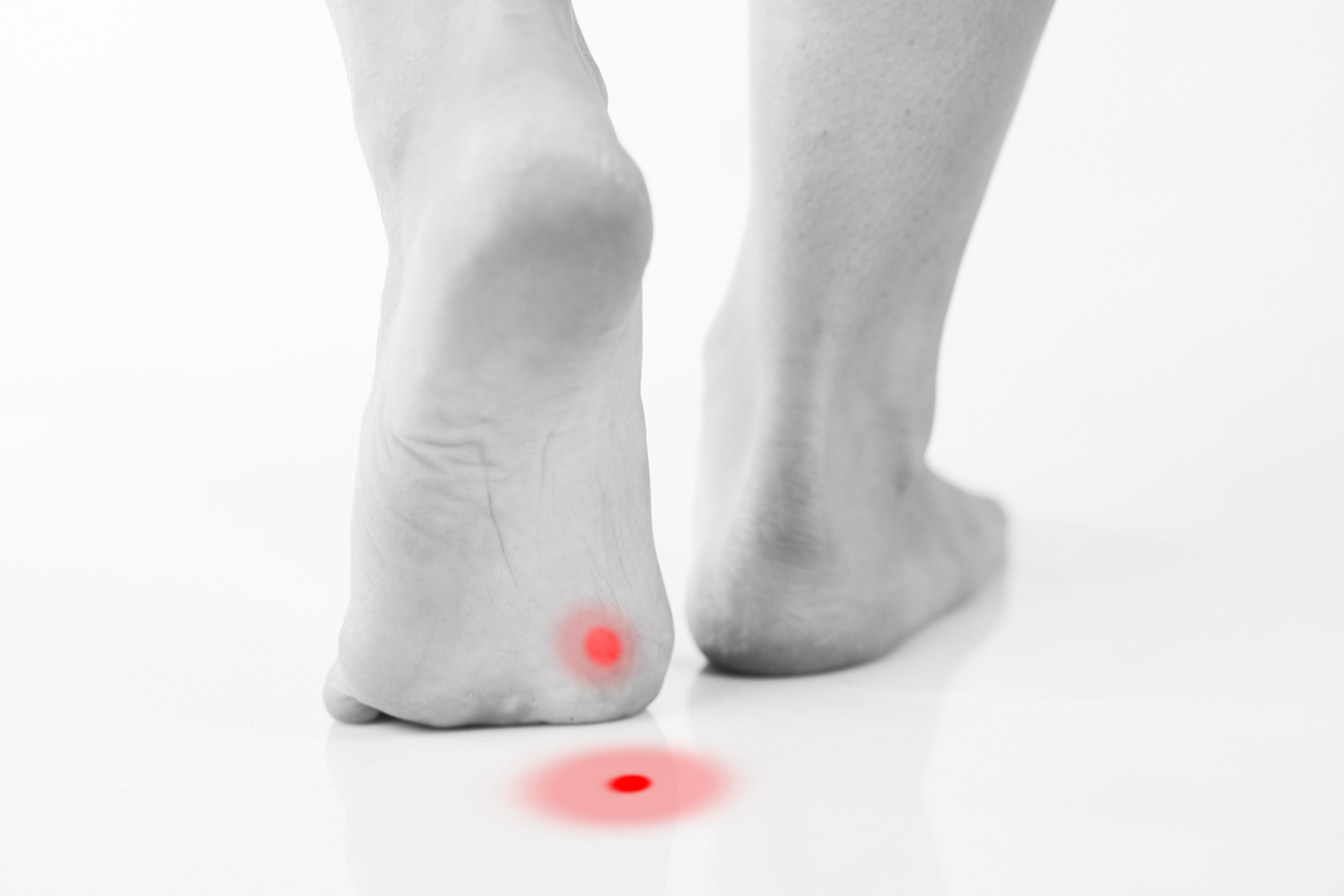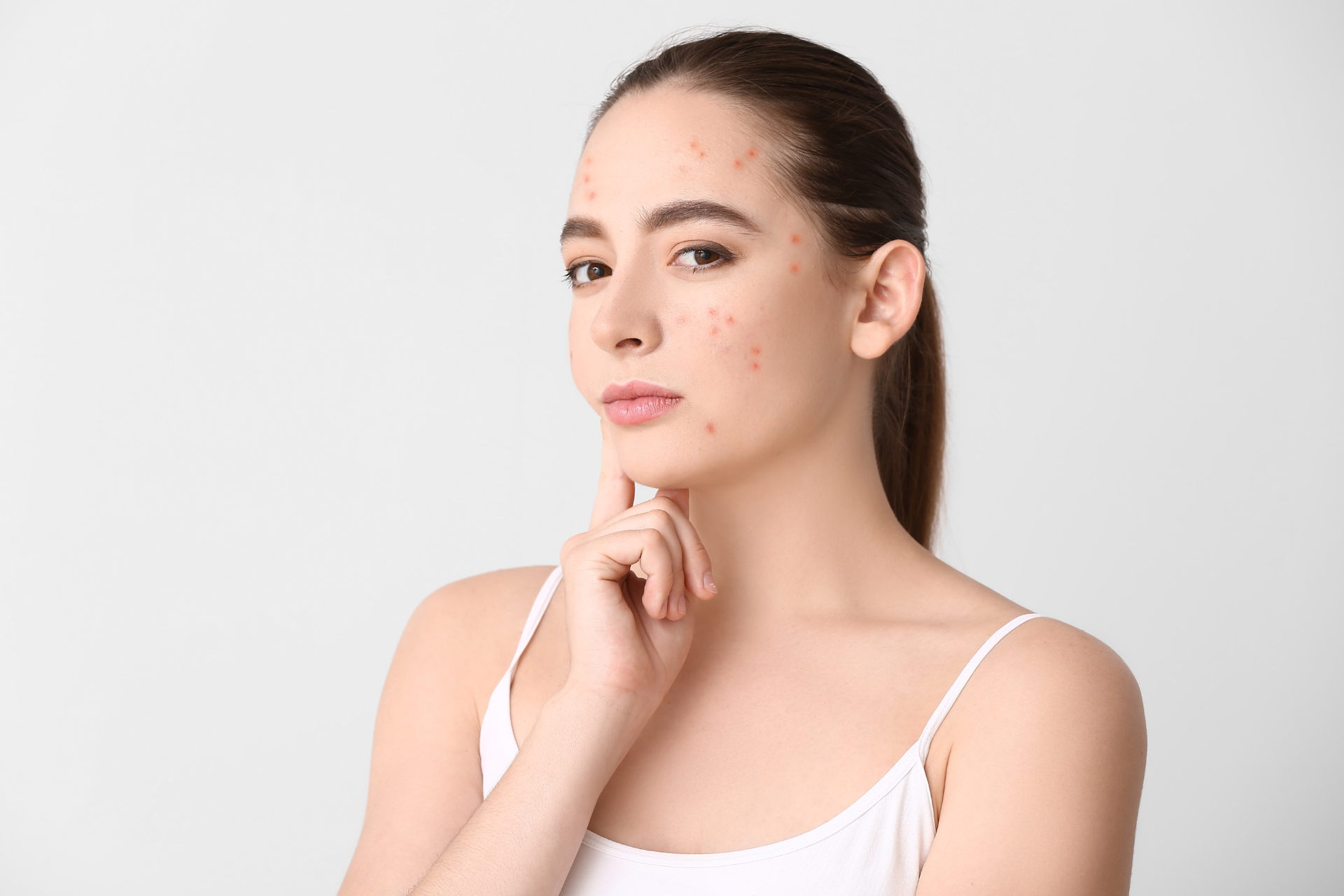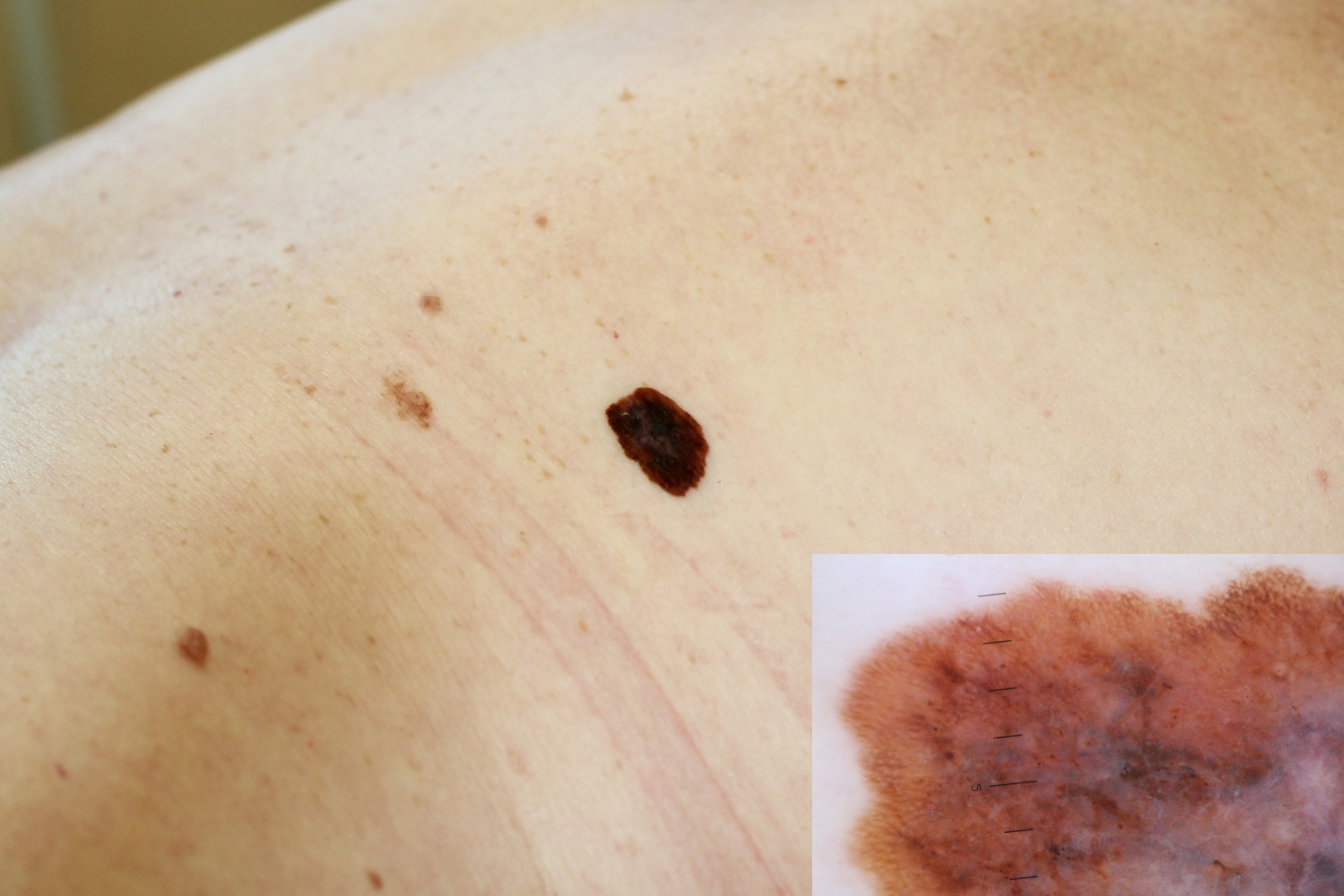Demystifying SPF: Choosing the Right Sunscreen for You

At Fall Creek Skin and Health Clinic, we understand the importance of protecting your skin from the sun's harmful rays. With so many sunscreen options on the market, it can be overwhelming to choose the right one for your skin type and lifestyle. In this blog post, we will demystify SPF and help you select the perfect sunscreen to keep your skin healthy and radiant all year round.
Understanding SPF
SPF, which stands for Sun Protection Factor, is a measure of how well a sunscreen protects your skin from UVB rays, the type of ultraviolet light that causes sunburn, skin damage, and skin cancer. The higher the SPF number, the greater the level of protection. For daily use, a broad-spectrum sunscreen with an SPF of 30 is generally recommended by dermatologists to shield your skin from both UVA and UVB rays.
Choosing the Right Type of Sunscreen
There are two main types of sunscreen: chemical and physical. Chemical sunscreens work by absorbing UV radiation, while physical sunscreens (often containing zinc oxide or titanium dioxide) act as a physical barrier by reflecting and scattering the UV rays. Both types are effective, but those with sensitive skin may prefer physical sunscreens, as they are less likely to cause irritation.
Consider Your Skin Type
When selecting a sunscreen, it's essential to consider your skin type. If you have oily or acne-prone skin, look for oil-free or non-comedogenic formulas to avoid clogging your pores. For dry skin, opt for a moisturizing sunscreen with added hydrating ingredients like hyaluronic acid or glycerin to prevent dryness and flakiness.
Water-Resistant Formulas
If you plan to spend time swimming or engaging in outdoor activities, it's important to choose a water-resistant sunscreen. Water-resistant formulas are designed to maintain their SPF level for a specific amount of time after exposure to water or sweat, ensuring continuous sun protection even while you're active.
Apply Sunscreen Properly
To get the best protection from your sunscreen, it's crucial to apply it correctly. Experts recommend using about a teaspoon amount for the face and a shot glass amount for the body, applying it 15-30 minutes before sun exposure and reapplying every two hours, or immediately after swimming or sweating. Don't forget to cover often overlooked areas like your ears, lips, and the tops of your feet.
SPF in Makeup and Skincare
Many makeup products and skincare formulations now contain SPF for added sun protection. While these products can be convenient for daily use, they may not provide adequate sun protection on their own. It's still essential to layer a dedicated sunscreen underneath your makeup or skincare for maximum UV protection.
Summary
Choosing the right sunscreen is a vital step in maintaining healthy skin and preventing sun damage. By understanding SPF, selecting the right type of sunscreen for your skin type, considering water resistance, and applying it correctly, you can enjoy sun-safe activities without compromising your skin's health.
At Fall Creek Skin and Health Clinic, we prioritize skin health and offer personalized skincare recommendations tailored to your specific needs. For professional guidance on selecting the perfect sunscreen for your skin, schedule a consultation with one of our experienced dermatologists. Stay protected, stay radiant, and embrace the beauty of healthy skin all year round.



Need Our Services?
Book a free consultation

Our promise is to offer high-quality medical attention at a fair price in a clean, friendly, and professional environment.
QUICK LINKS
BUSINESS HOURS
- Mon - Thu
- -
- Friday
- -
- Saturday
- Appointment Only
- Sunday
- Closed
All Rights Reserved | Fall Creek Skin and Health Clinic |
